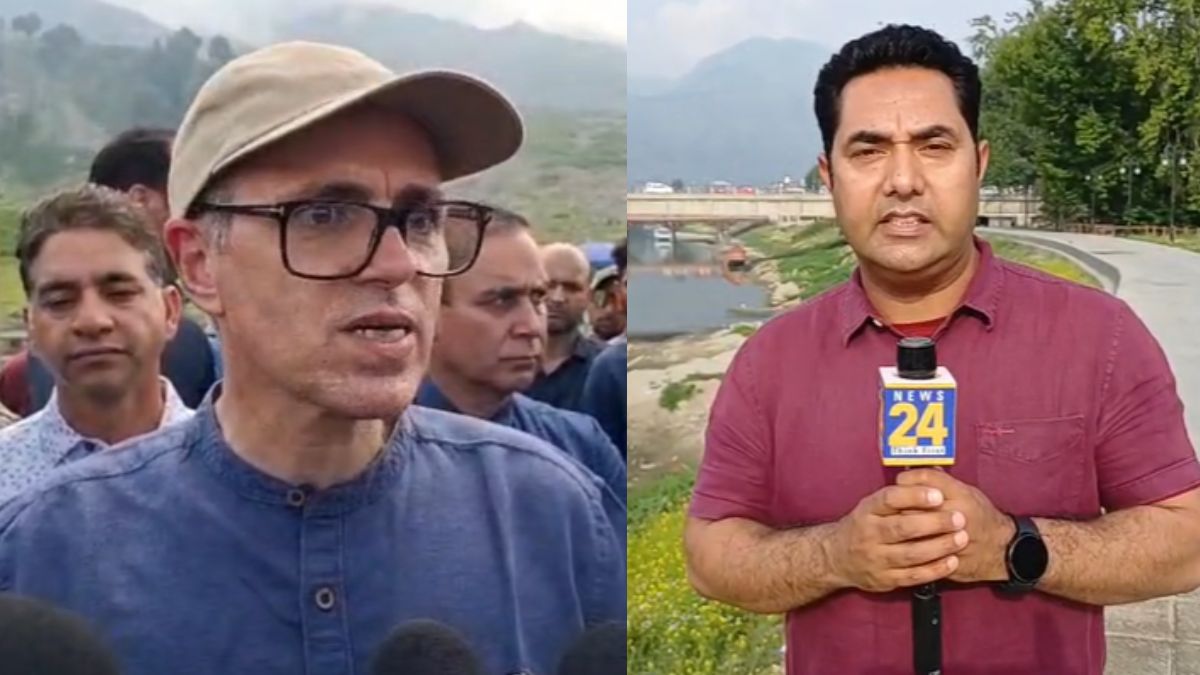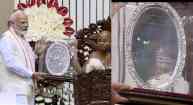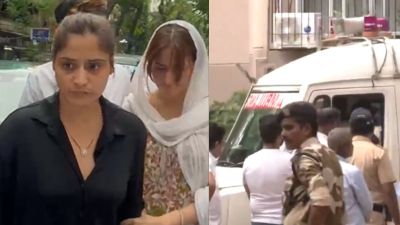Jammu and Kashmir Chief Minister Omar Abdullah has expressed his readiness to resign if it would aid in restoring statehood to the Union Territory. His remarks come in response to recent media reports citing MHA sources that the current assembly must be dissolved, paving the way for fresh elections in Jammu and Kashmir to facilitate this transition.
“If statehood needs a BJP CM, I’ll step aside. At least the people of Jammu and Kashmir will get back their statehood,” Abdullah said, emphasizing the urgency for clarity from the central government on this crucial issue. He called for transparency regarding the conditions necessary for restoring the region’s autonomy, urging the Centre to communicate its intentions clearly.
Abdullah reaffirmed his administration’s commitment to fulfilling promises made during its five-year term, underscoring that democratic expectations should align with the full duration of the mandate. “The mandate is not for five weeks or five months. It is for a full term,” he said, as discussions about Jammu and Kashmir’s political future intensify in light of its current status as a Union Territory following the abrogation of Article 370 in 2019.
Highlighting the legislative powers associated with a State assembly, Abdullah pointed out that it enjoys greater autonomy over critical issues such as public order and police control—areas that remain under central governance in a Union Territory.
National Conference President Farooq Abdullah dismissed the media reports suggesting the dissolution of the assembly as a precondition for the restoration of statehood. He asserted that statehood is the primary right of Jammu and Kashmir, and no power can deny this right to the region.
BJP leader Ashok Koul also termed the reports incorrect and stated that Omar Abdullah’s government has a mandate to work for the welfare of the people, urging him to concentrate on matters that fall under his purview.
Legal experts have weighed in on the constitutional implications of reverting from a Union Territory to a State assembly. They suggest that amending the Jammu and Kashmir Reorganisation Act, 2019, through parliamentary law could suffice to reinstate the JK State Assembly without necessitating fresh elections or dissolution. While historical precedents from Himachal Pradesh support this view, experts caution that the unique situation surrounding Jammu and Kashmir adds layers of complexity.
As political and legal discussions unfold, observers note that any decision by the Centre regarding the dissolution of the Assembly as part of restoring statehood will ultimately be a political one. The question now looms: Will the central government take decisive action? Stakeholders await clarity on this pivotal issue that could re-shape the future politics of Jammu and Kashmir.
Also Read: Andhra CM Chandrababu Naidu: ‘All Govt Services Will Be Provided Online By August 15’












